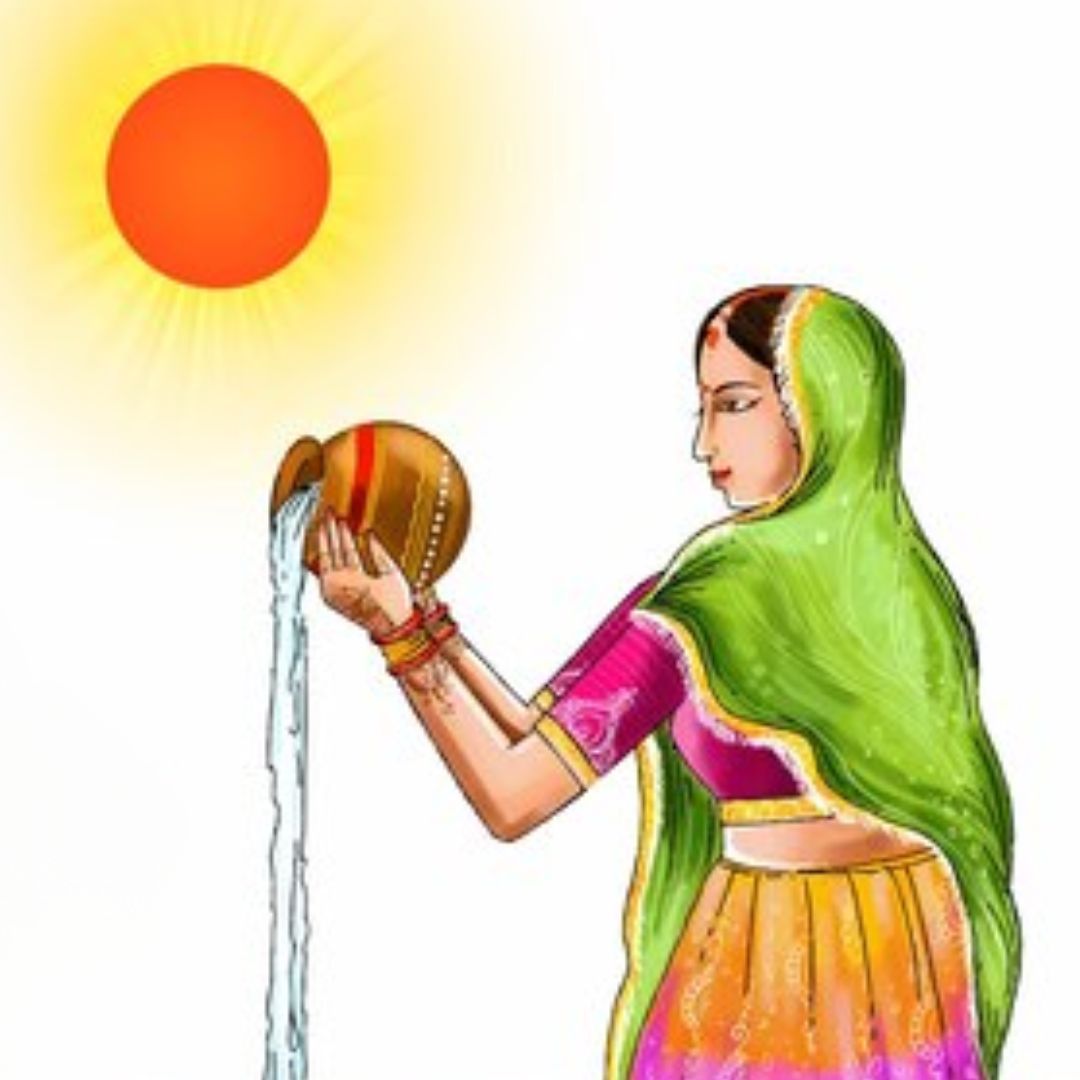- By Kashish Rai
- Fri, 20 Sep 2024 11:41 AM (IST)
- Source:JND
Jitiya Vrat 2024: Observed primarily in eastern India and Nepal, Jitiya Vrat holds immense significance in Hinduism, particularly among women. This sacred fasting ritual, dedicated to Lord Jimutvahana, is typically observed by mothers for the longevity and well-being of their children. Falling in the month of Ashwin, Jitiya Vrat symbolises a mother's unwavering devotion and selfless love. By fasting from sunrise to sunset, women seek blessings for their children's health, prosperity, and happiness. This vrat also honours the legend of Jimutvahana, who sacrificed his own life to save others, highlighting the virtues of selflessness and maternal love. Through Jitiya Vrat, Hindu women reaffirm their role as caregivers and nurturers, seeking divine protection for their families.
Let us know the date, time, shubh muhurat and rituals associated with this sacred fast below:
Jitiya Vrat 2024: Date
According to the Panchang, Jitiya Vrat is observed on the Ashtami Tithi of Krishna Paksha in the Hindu month of Ashwin. This year, Jitiya Vrat will be observed on 25th September 2024. The Krishna Paksha Ashtami tithi will begin at 12:39 PM on 24th September 2024 and end at 12:11 PM on 25th September 2024.
Jitiya Vrat 2024: Shubh Muhurat
The Choghadiya shubh muhurat for Puja on Jitiya Vrat is from 4:04 PM to 5:33 PM (Labh) on 25th September 2024.

Women break their Jitiya vrat by offering Arghya to the Sun god. (Image Source: Freepik)
Jitiya Vrat 2024: Rituals
The rituals of Jitiya Vrat commence with early morning baths and wearing of new clothes, typically after sunrise. Devotees then gather at nearby temples or at home to perform puja, offering prayers and worship to Lord Jimutvahana. An essential aspect of the vrat is fasting, which involves abstaining from food and water throughout the day. Women observe "nirjala vrat," consuming no water, while others may opt for "phalahar vrat," eating fruits and vegetables. The fasting period typically ends with the sighting of the stars in the evening sky. During the day, women engage in devotional activities, such as reciting Jitiya Vrat Katha, singing hymns, and performing aarti.
As dusk falls, women gather around a specially prepared platform or "chauk" adorned with rice, flowers, and vermillion powder. They offer prayers, light diyas, and perform a symbolic ritual involving seven grains – rice, wheat, gram, corn, sesame seeds, urad dal, and moth dal. This ritual represents the seven days of the week and seeks blessings for their children's well-being throughout the year. After breaking their fast, devotees share prasad among family and friends, typically consisting of traditional sweets, fruits, and other offerings made to the deity. The evening concludes with a collective prayer, seeking Lord Jimutvahana's blessings for the prosperity, happiness, and long life of their children. The next morning, devotees perform another puja and distribute food and clothing to the needy, marking the conclusion of Jitiya Vrat.
ALSO READ: Sankathara Chaturthi September 2024: Date, Time, Significance And Rituals Of This Sacred Fast
(Disclaimer: This is based on general public information. Jagran English does not confirm its veracity. Before adopting any measures, consult an expert in the relevant field.)
